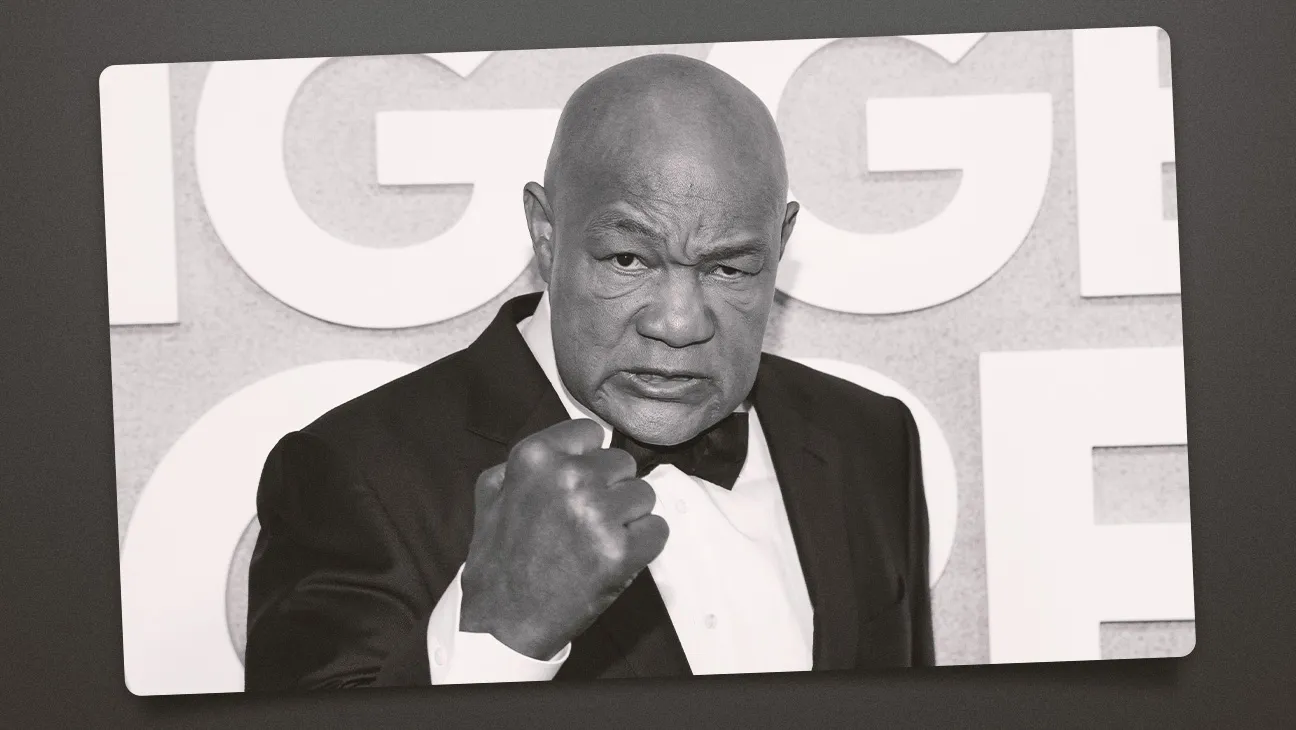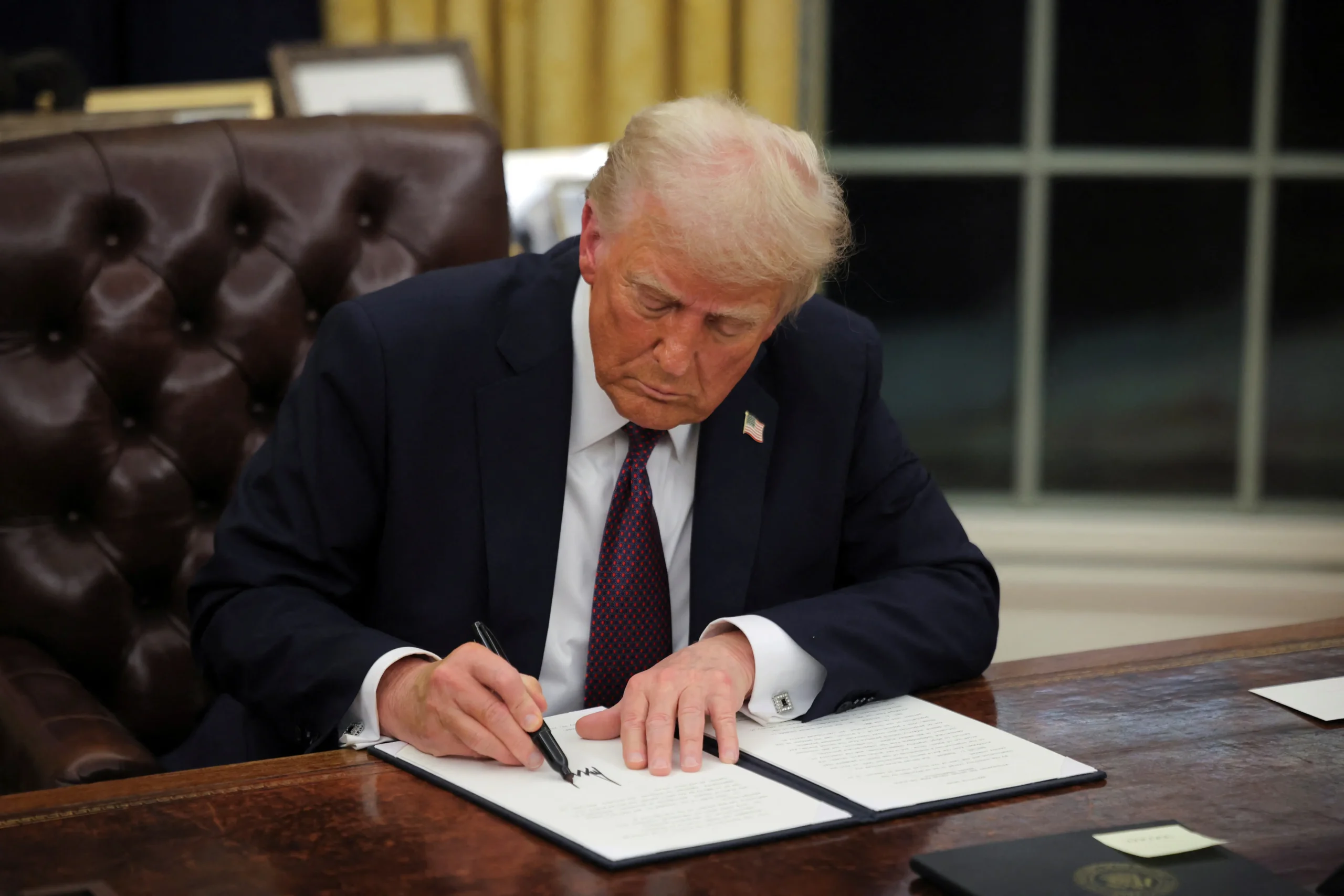Southern Africa’s Liberation Parties Face Setbacks as Youth Demand Change in 2024 Elections
In a pivotal year for Southern Africa’s political landscape, long-standing liberation parties are grappling with significant setbacks as younger voters, disillusioned by economic struggles and limited opportunities, push for change. Across the region, elections in 2024 have delivered a series of surprises, marking the end of decades-long rule by parties that led the struggle for independence. Botswana, historically known for its democratic stability, saw a shocking defeat for the Botswana Democratic Party (BDP), which had been in power since the country’s independence in 1966. In late October, opposition supporters took to the streets after the BDP’s President Mokgweetsi Masisi conceded defeat even before the full vote count. The result was seen as a clear signal that voters, particularly the younger generation, are prioritizing economic performance and job creation over the historical legacy of liberation struggles. In South Africa, the African National Congress (ANC), the party that led the anti-apartheid movement under Nelson Mandela, also faced a major blow in May. The ANC lost its majority for the first time in its post-apartheid history, falling from 57.5% support to just 40%. This marked the latest in a series of losses for the ANC, which has seen a steady decline in support due to frustrations over corruption, poor service delivery, and a sluggish economy. Political experts, such as Nic Cheeseman from the University of Birmingham, highlight the growing importance of generational change in these shifts. As younger voters, who have no direct memory of colonialism, become a more significant part of the electorate, they are increasingly focused on economic issues and governance performance. “People want jobs and dignity — you can’t eat memories,” said Cheeseman, reflecting on the changing political priorities. While Southern Africa remains relatively stable compared to other regions on the continent, these developments are a wake-up call for the long-governing parties. Political researcher Nicole Beardsworth emphasizes that while democratic processes are strong, the recent election outcomes suggest that ruling parties must adapt to the changing expectations of the electorate if they hope to maintain their grip on power.
Meanwhile, in Namibia, the South West Africa People’s Organization (SWAPO), which has governed since independence in 1990, narrowly retained power in the parliamentary elections. Despite the election of Netumbo Nandi-Ndaitwah as Namibia’s first female president, SWAPO’s seat count in the National Assembly fell to just 51, signaling a potential shift in the country’s political dynamics.



